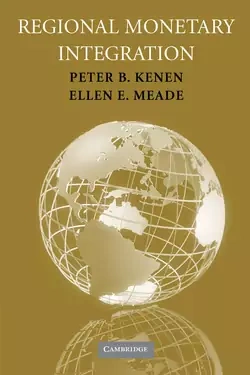
Regional Monetary Integration

An explanation of why governments contemplate regional monetary integration and why some country groups are more likely than others to exercise that option.
- Book
- Foreign policy analyses written by CFR fellows and published by the trade presses, academic presses, or the Council on Foreign Relations Press.
Read an excerpt of Regional Monetary Integration.
This book surveys the prospects for regional monetary integration in various parts of the world. Beginning with a brief review of the theory of optimal currency areas, it goes on to examine the structure and functioning of the European Monetary Union, then turns to the prospects for monetary integration elsewhere in the world—North America, South America, and East Asia. Such cooperation may take the form of full-fledged monetary unions or looser forms of monetary cooperation. Regional Monetary Integration emphasizes the economic and institutional requirements for successful monetary integration, including the need for a single central bank in the case of a full-fledged monetary union and the corresponding need for multinational institutions to safeguard the bank's independence and assure its accountability. The book concludes with a chapter on the implications of monetary integration for the United States and the U.S. dollar.
More on:
A Council on Foreign Relations Book
More on:
 Online Store
Online Store